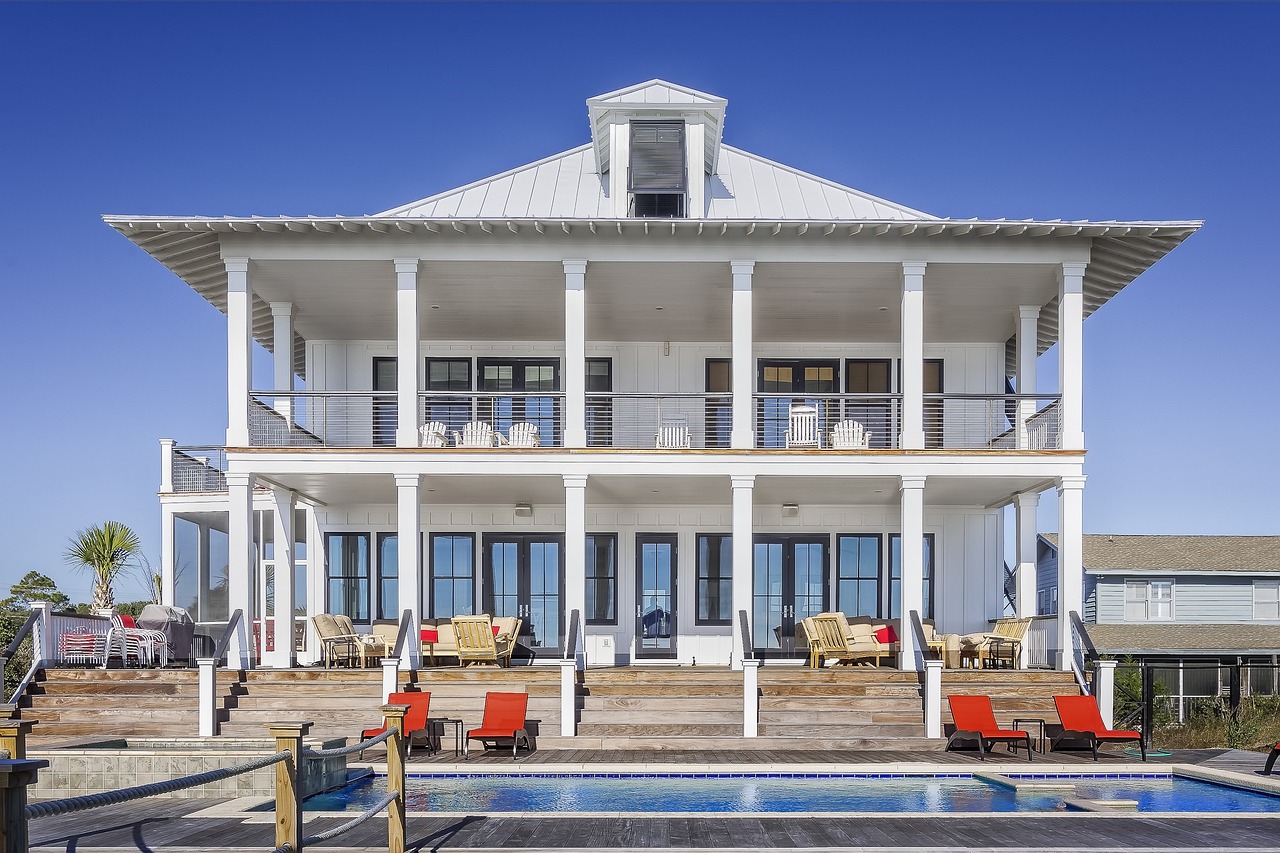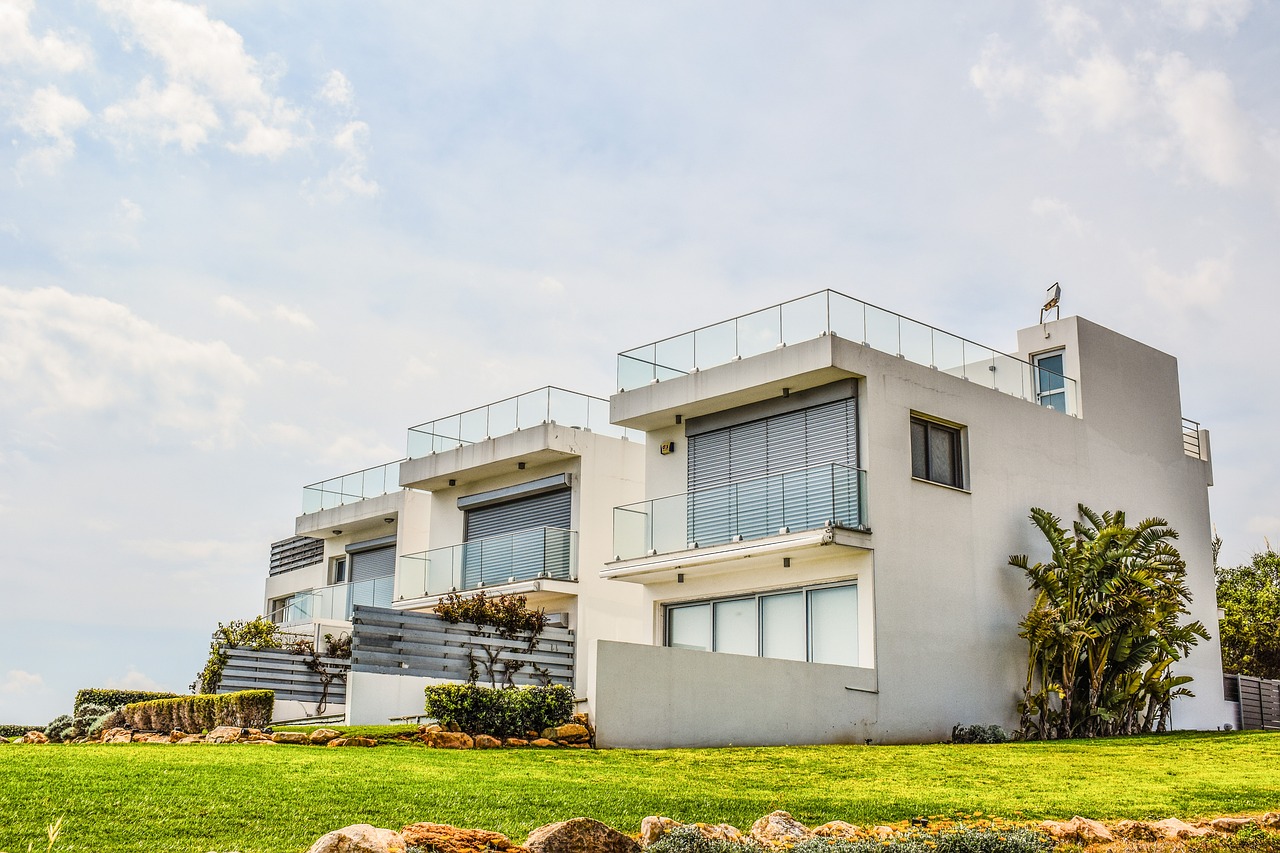Commercial property in Malta is like a complex puzzle, with each piece playing a crucial role in determining its success. Just as a vibrant painting captivates the eye, the location of a commercial property in Malta can make or break its potential. However, it is not just about aesthetics; it is about finding the perfect spot that aligns with your business objectives. The process of acquiring commercial property in Malta requires a deep understanding of the legalities and permits involved, ensuring compliance with the country’s regulations. With a wide range of property use classes and differing geography, careful research and planning are essential. Whether you choose to rent or buy, knowing the nuances of the market and seeking professional advice can set you on the path to success. In this article, we will explore the tips and strategies to navigate the labyrinth of commercial property in Malta, empowering you with the knowledge to make informed decisions and unleash your entrepreneurial spirit.
Key Takeaways
- Research, planning, and seeking advice are crucial when dealing with commercial property in Malta.
- Restaurants in Malta require a Class 4D permit to operate, and the state of the kitchen fixtures and the presence of a patio should be considered when looking for a restaurant property.
- Most office spaces in Malta are serviced offices, and a Class 4A permit is required for offices in Malta.
- Location is a crucial factor in the commercial property market in Malta, and commercial properties closer to the sea tend to be more expensive.
Location Considerations
When considering commercial property in Malta, it is important to take into account the location as it plays a crucial role in the commercial property market and can vary between new and old, north and south, and seaside and inland locations. Proximity to amenities is a key factor to consider when choosing a location for commercial property. Being close to amenities such as restaurants, cafes, banks, and shops can attract more customers and clients. Additionally, traffic and accessibility are important considerations. Being situated in an area with high footfall and good transportation links can increase visibility and accessibility for both employees and customers. It is important to assess the potential for parking and public transportation options in order to ensure ease of access to the property. Careful consideration of these location factors can greatly impact the success and profitability of a commercial property in Malta.
Property Use Classes
The utilization classes for properties in Malta encompass a wide range of purposes, from residential dwellings to hotels to food and drink establishments, indicating the diverse options available for businesses seeking commercial spaces. These use classes provide a framework for categorizing properties based on their intended purpose and function. Here is a table summarizing the different property use classes in Malta:
| Use Class | Description |
|---|---|
| Class 1 | Residential dwellings |
| Class 2 | Residential institutions |
| Class 3 | Food and drink establishments |
| Class 4 | Retail and wholesale outlets |
| Class 5 | Offices |
| Class 6 | Industrial activities |
| Class 7 | Storage and distribution |
| Class 8 | Hotels and guesthouses |
| Class 9 | Health care facilities |
| Class 10 | Assembly and leisure |
| Class 11 | Education and training |
| Class 12 | Public administrative and public service |
| Class 13 | Amusement and recreation |
| Class 14 | Outdoor storage |
| Class 15 | Agricultural |
| Class 16 | Petrol stations |
| Class 17 | Industrial storage |
| Class 18 | Industrial laundry |
| Class 19 | Special cases |
Understanding these use classes is essential for businesses looking for specific types of commercial properties in Malta. For example, restaurants require a Class 3 permit, while offices require a Class 5 permit. Additionally, businesses should consider the amenities available in office spaces, which can vary from hot desks to multi-floor setups.
Research and Planning
Conducting thorough research and careful planning are essential steps in navigating the process of acquiring suitable commercial spaces in Malta. Before dealing with commercial property in Malta, it is crucial to understand the benefits of conducting thorough research. This includes familiarizing oneself with the various use classes for properties, such as Class 4D permits required for operating restaurants. Additionally, researching the state of kitchen fixtures and the presence of a patio is important when looking for restaurant properties. Furthermore, researching office spaces in Malta is vital to determine the size, amenities, and location that best suit the business needs. Careful planning is equally important, as it allows for a clear understanding of legal requirements, such as the need for a Class 4A permit for offices, and the negotiation of lease terms with landlords. By conducting research and planning ahead, individuals can make informed decisions when dealing with commercial property in Malta.
Renting or Buying
Renting or buying commercial property in Malta requires careful consideration of business needs and adherence to legal requirements.
-
Rental agreements: When renting commercial property, it is important to thoroughly review and understand the terms and conditions of the rental agreement. This includes clarifying the rent amount, any future rate increases, the length of the lease, and any additional costs such as maintenance fees.
-
Long-term commitment: Buying commercial property in Malta is a long-term commitment due to the high transfer tax and the requirement for permits, especially for non-EU citizens or those who haven’t lived in Malta for five years. It is essential to consider the long-term viability and profitability of the business before making a purchase.
-
Seeking professional advice: Due to the complexities of the rental or buying process, it is highly recommended to seek professional advice from real estate agents, lawyers, or consultants who specialize in commercial property in Malta. They can provide guidance on legal requirements, negotiate terms, and ensure that business needs are met effectively.
Seeking Professional Advice
Seeking professional advice is highly advisable when dealing with the complexities of the commercial property market in Malta. The benefits of professional advice are numerous. A professional advisor who specializes in commercial property can provide valuable insights into the market, helping business owners make informed decisions. They can guide clients on the legalities and regulations involved in renting or buying commercial property, ensuring compliance with all necessary permits and licenses. Moreover, professional advisors have extensive networks and connections within the industry, enabling them to identify suitable properties that may not be readily available on the market. However, it is important to consider the cost of professional advice. While it may require an upfront investment, the expertise and guidance provided by a professional can help save time, money, and potential legal issues in the long run.
Frequently Asked Questions
What are the tax implications for renting or buying commercial property in Malta?
The tax implications for renting or buying commercial property in Malta depend on the rental income or the sale of the property. Rental income is subject to taxes on the progressive income tax scale, while the transfer of commercial property is subject to an 8% withholding tax.
Are there any restrictions on non-EU citizens renting or buying commercial property in Malta?
Non-EU citizens face restrictions when renting or buying commercial property in Malta. Visa requirements and non-EU investment opportunities should be considered. This limits the freedom of non-EU citizens in the commercial property market in Malta.
What are the typical lease terms for renting commercial property in Malta?
When renting commercial property in Malta, negotiating terms is important. Lease agreements typically include a per square meter, per year rate. Landlords may require a minimum two-year lease, but this can be negotiated. Extra costs and subletting options should be clarified in the agreement.
How can I determine the fair market value of commercial property in Malta?
Determining the fair market value of commercial property in Malta depends on various factors. These include location, property size, amenities, demand, and market conditions. Professional valuation services and market analysis can help in assessing property prices accurately.
Are there any specific regulations or permits required for operating a business in a commercial property in Malta?
Operating a business in a commercial property in Malta requires specific regulations and permits. These include obtaining the appropriate use class permit for the intended type of business, such as a Class 4D permit for restaurants, and a Class 4A permit for offices. Compliance with these regulations is crucial for legal operation.










